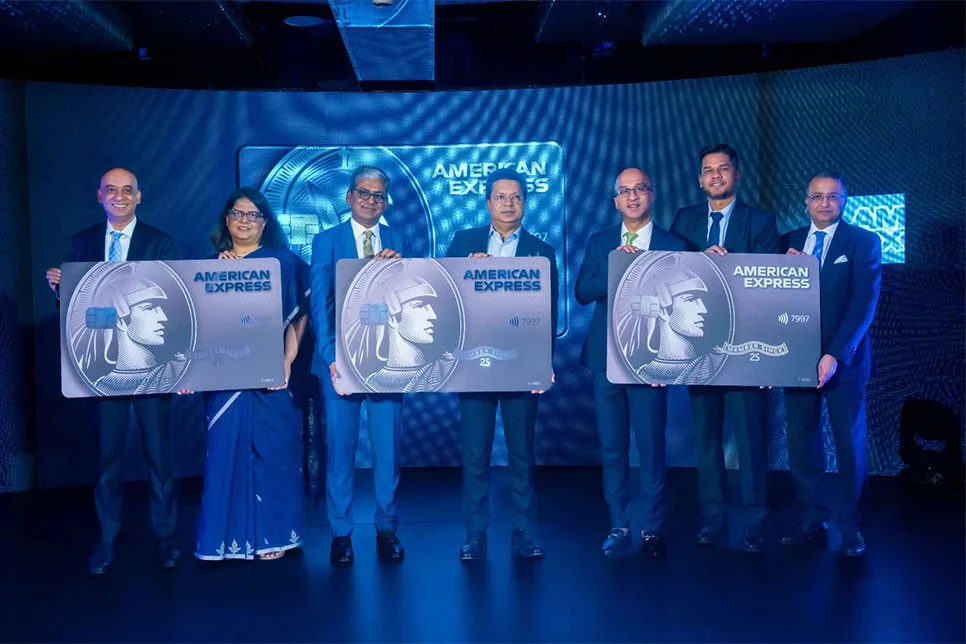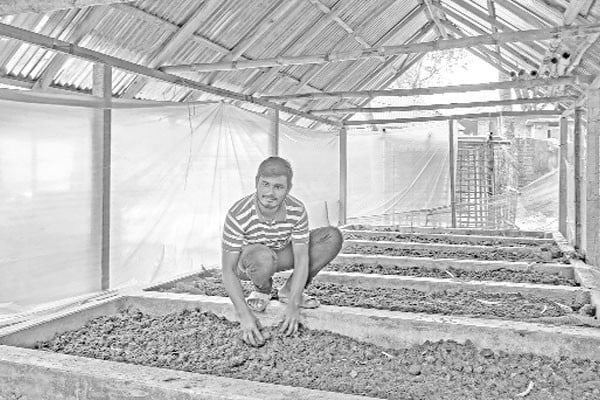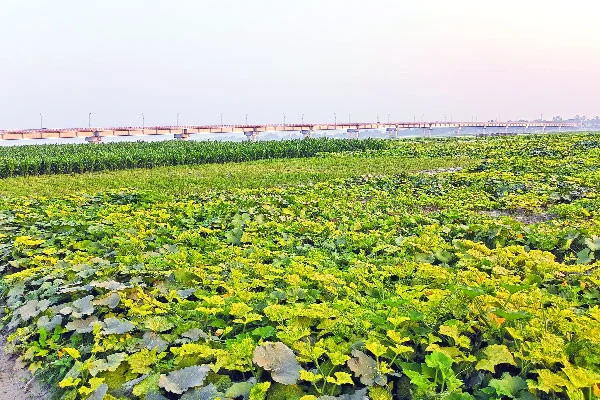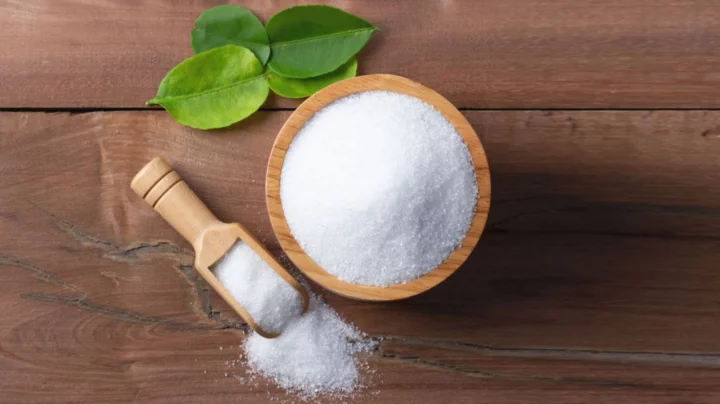Leading with Innovation and Sustainability Md. Ata-I-Muneer Discusses Berger Paints’ Market Leadership, Future Growth, and Social Impact in Bangladesh

- Update Time : Sunday, November 3, 2024
- 1795 Time View
Mr. Ata- I-Muneer is currently carrying out a responsibilities as Divisional Sales Manager of Berger Paints. As a very dedicated, hard working and well experienced personality of paint industries. Mr. Muneer is trying his best to play role effectively in sales of this UK-based Multinational Company Berger Paints. Very recently, on behalf of Reflection News, we took and Exclusive Interview on various issues such as his companies products, it’s market scenario, present status of the country, price spiral of daily commodities and future plan as well. Some excerpts of the interview is given below (Interviewed by MahmudulHaque Khan Dulal, Editor, Reflection News:
Reflection News: Would you give us an overview of this sector? Please say something about the present scenario of this sector?
Md. Ata-I- Muneer: The paint industry in Bangladesh has experienced significant growth over the past decade, driven by rapid urbanization, rising income levels, infrastructure development, and increasing per capita consumption. The industry has evolved from being dominated by a few large multinational players to a more competitive market with local companies also gaining traction. This sector includes a range of products like decorative paints, wood coatings, industrial coatings, automotive paints, and marine coatings.
As the market leader, Berger Paints holds a dominant position in the country’s paint industry. With a wide range of products, the company caters to both the decorative and industrial paint segments. It has invested heavily in research and development, providing technologically advanced, environment-friendly, and high-performance coatings. Per capita paint consumption in Bangladesh is on an upward trend due to increasing urbanization, a boom in the construction sector,and higher demand for aesthetically pleasing interiors. Currently, per capita consumption is around 1.1 kg per person, which, while low compared to developed countries, indicates significant room for growth. The growing real estate market and government infrastructure projects, including roads, bridges, and residential complexes, are major drivers for the paint industry. This has increased the demand for industrial coatings and decorative paints alike.
As awareness of environmental sustainability grows, there is a notable shift towards low-VOC
(Volatile Organic Compound) and eco-friendly paints. Berger Paints has introduced products that meet
these demands. The premium segment is also expanding, driven by consumers looking for high-quality
finishes and long-lasting products.
The country's expanding industrial base, particularly in sectors like shipbuilding, textiles, and
automotive, has created demand for industrial and marine coatings. This presents an opportunity for both
international and local companies to expand their offerings in specialized coatings. The rapid growth of
the middle class in Bangladesh has resulted in more households investing in home renovations, which in
turn fuels demand for decorative paints. As disposable incomes rise, consumers are becoming more brand
conscious and are willing to pay for quality products.
Despite its growth potential, the industry faces challenges such as fluctuating raw material prices
(especially petroleum derivatives), the need for technological advancements, and increasing competition
from both international and local players. Moreover, the market is still highly price-sensitive, which could
affect the growth of premium products.
The paint industry in Bangladesh has strong growth prospects due to rising urbanization, increased
construction activity, and growing consumer demand. Both multinational giants and local manufacturers
are well-positioned to take advantage of this expanding market. With a focus on product innovation,
environmental sustainability, and quality, the industry is expected to see significant expansion in the
coming years. As per capita consumption continues to grow, the paint industry is likely to play an
essential role in Bangladesh's broader economic development.
Reflection News: What is your expectation from the present interim government led by Professor Dr.Md.Younus?
Md. Ata-I-Muneer: An interim government led by Dr. Muhammad Yunus would likely focus on
fostering economic sustainability through inclusive growth. His approach would prioritize poverty
alleviation, social entrepreneurship, and empowering small businesses. Emphasis would be placed on
building a business environment that encourages innovation, social enterprises, and investments in rural
areas to reduce inequality.
In terms of economic growth, the Yunus-led government would likely focus on creating employment
opportunities, especially for marginalized groups, by promoting microcredit and empowering women and
youth in business. His policies would aim to sustain long-term growth by reducing dependence on foreign
aid and boosting local industries.
Expectations regarding safety and governance would center on creating a stable political
environment, with reforms aimed at strengthening transparency and reducing corruption. Dr. Yunus'
commitment to human rights and ethical governance may lead to initiatives that address political violence
and improve law enforcement.
In terms of social reformation, Dr. Yunus' tenure might emphasize equitable access to education,
healthcare, and financial services, thus fostering social inclusion. His focus would likely be on sustainable
development and innovation, combining economic growth with social welfare initiatives to build a more
equitable and progressive society.
Reflection News: Pls. say something all about the high prices of daily necessities.
Md. Ata-I- Muneer: Bangladesh is currently facing a sharp rise in the prices of daily necessities,
straining household budgets across the country. While the reasons are multifaceted, two key factors stand
out—our dependency on imports and the role of market syndicates.
As an import-reliant country, fluctuations in the global economy directly impact us. The rising dollar
rate has made it increasingly expensive to import essential goods such as food, fuel, and other necessities.
This has led to a domino effect, with prices of basic commodities soaring across local markets.
Adding to this challenge is the unchecked power of syndicates that manipulate market supply and
pricing. By hoarding goods and creating artificial scarcity, these groups significantly drive up prices,
further burdening the average consumer.
However, the issue of rising costs isn't solely an external problem. It is also rooted in the treatment of
our domestic producers. Farmers and local producers often don't receive the full benefit of their labor due
to inadequate pricing structures. Ensuring that producers, especially farmers, get fair compensation would
strengthen our local supply chain and reduce the need for excessive imports.
At the same time, it is crucial for the government to tighten the enforcement of tax and VAT
collection from all relevant sectors. A streamlined tax system can act as a safety net for the government,
providing the necessary funds to regulate and stabilize the market. Proper monitoring and regulation of
tax collection will prevent exploitation in the market and ensure that the economy remains resilient in the
face of external shocks.
Reflection News: What are your recommendations for eradicating corruption from society? Is it
possible to bring it down to a tolerable level as it has engulfed the whole society?
Md. Ata-I-Muneer:Eradicating corruption in Bangladesh requires a multi-pronged approach. First,
strengthening institutions like the Anti-Corruption Commission (DUDOK) with greater independence,
accountability, and resources is essential. Implementing strict transparency and accountability measures
in public offices, including digital tracking of government transactions, can reduce opportunities for
bribery and embezzlement.
Second, legal reforms must be introduced to ensure swift punishment for corrupt individuals, with
special courts to handle corruption cases quickly. Whistleblower protection laws should be enforced to
encourage reporting without fear of retaliation.
Third, fostering a culture of integrity through education and awareness campaigns, especially in
schools, can instill long-term values. Encouraging civil society, media, and citizens to participate in anti-
corruption efforts is crucial.
While eliminating corruption may be difficult, it is possible to bring it to a tolerable level by reducing
systemic opportunities, ensuring enforcement of laws, and promoting ethical behavior across all levels of
society.
Reflection News: Would you tell us your future business plan and social works as well?
Md. Ata-I-Muneer: For nearly three decades, we have maintained our position as the market leader in
Bangladesh. Our vision for the next five years is to double our turnover, driven by our commitment to
delivering exceptional customer service and satisfaction through product diversity, technological
advancements, and innovation.
In response to evolving market demands, we are dedicated to introducing new products and services
while expanding our distribution network. Beyond decorative paints, we are continuously enhancing our
offerings in industrial coatings, marine coatings, vehicle refinishing, wood lacquers, printing inks, textile
chemicals, adhesives, and more. We also have joint ventures with world-renowned companies, allowing
us to manufacture construction chemicals and coil coatings locally. Our sister company, Jenson and
Nicholson BD Ltd, specializes in producing a variety of metal containers.
In addition to our business growth, we are deeply committed to social responsibility. We operate the
Painter Training Institute (BTI) in collaboration with the National Skills Development Authority (NSDA),
where we train skilled workers, creating job opportunities both domestically and internationally. Notably, we are the first in the country to employ women painters through this initiative.
We also support numerous autism schools and have been organizing art competitions for youngpainters for many years. Additionally, we hold architectural competitions, encouraging innovation among Bangladesh’s architects. Berger Paints proudly provides scholarships to several universities, including
BUET and KUAD, fostering the next generation of talent.












